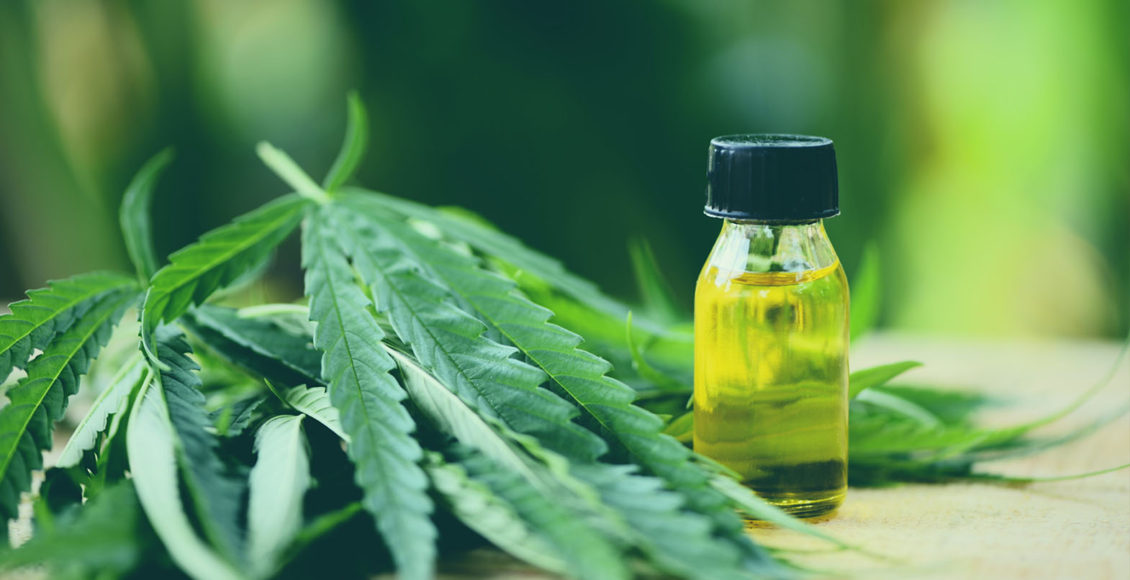
Industrial Hemp: An emerging opportunity for India?
Industrial Hemp (Cannabis sativa L.) a variety of cannabis, also known as Hemp – is a non-drug cannabis with tetrahydrocannabinol (THC) content generally below 0.3 percent. The crop can be cultivated for either fibre, seed or cannabidiol (CBD). Hemp seeds and hemp seed oil constitute major part of hemp business. The global industrial hemp market is projected to grow from USD 4.6 billion in 2019 to USD 26.6 billion by 2025, recording a CAGR of 34%. In the global hemp economy, China has a market value at $1.7 billion USD (2017) and holds a share of 20 percent of total production followed by countries like Canada, US, France, Chile etc.[1] . Hemp market is driven by rising awareness about the benefits of industrial hemp, increasing legalisation to cultivate industrial hemp in many countries, and the rising applications in various industries such as pharmaceuticals, food, beverage, personal care, textiles, automobiles, construction, furniture, and paper. Apart from these, Hemp is also a good alternative to plastic, as it is non-toxic and bio-degradable. Indian government allows cannabis or hemp (non-drug category) products to be sold on general ecommerce sites after necessary due diligence. However, hemp or CBD is not legal as an ingredient in food, beverages, and food supplements.
In India, under section 10 of the Indian Narcotic Drugs and Psychotropic Substances (NDPS) Act of 1985, the State Governments have the power to licence cultivation of cannabis for medical and scientific purposes. While hemp grows wild in India, farming is still prohibited in many states. India is evolving as the leader among the developing nations working towards rejuvenating the centuries old industrial crop. The Uttarakhand state government has become the first state in India to issue a license for hemp cultivation to the Indian Industrial Hemp Association (IIHA) to grow industrial hemp on pilot basis in 2018.The permissions are restricted to cultivate hemp for fibre to be used in textile industry. Uttar Pradesh is the other state that has legalized hemp cultivation. Other states like Himachal Pradesh and Arunachal Pradesh also are reported to be eyeing options to legalize hemp as a crop. The state of Uttarakhand has developed a scheme that allows individuals and companies to obtain four types of licenses for a) hemp farming b) storage of raw material c) sales and d) transport. Uttarakhand government and private players under a PPP model supports a number of SHGs and farmer groups to develop the industry.
Currently hemp product manufacturers in India depend on imports for raw hemp from Europe, North America and China to produce ropes, mats, bags and shoes. There are no restrictions on the import of raw hemp if they comply with the country’s Phytosanitary guidelines. In India, few companies operate domestically, as the hemp industry is in its nascent stages and limited by national regulations. These include start-ups like Bombay hemp Company (BoHeCo), Health Horizons, Foxxy, Hempsters, Vedi, GreenJams, HempStreet and NHempCo. The Health Horizons is looking to expand into the textile industry because use of hemp for fiber shows great potential. These start-ups are collaborating with each other to develop the domestic market for multiple product innovations like hempcrete, biofuels and hemp paper. NHempCo, a Bangalore based start-up, is also promoting the cultivation of industrial hemp in the southern states of India. IIHA, along with various other companies and organizations have been pushing towards spreading awareness about the plant and its capabilities. An improvement in the hemp market has been observed due to the efforts of these organizations in creating awareness on the difference between hemp and marijuana, which is specifically cultivated for personal psychoactive use.
Germplasm research is critical for crop improvement. Uncertain legal status of hemp worldwide has resulted in the relative absence of research and India is no exception. Developing seeds with low THC would be a challenge and research institutions should be roped in for the purpose. Hemp Foundation aims at making Uttarakhand the hotbed for germplasm research, in collaboration with the scientific, research, and agricultural communities of the state. There is a need, to conduct research with the wild and domesticated varieties that are found in India. It can fill the gap between a local farmer and a private R &D company, and also tap into the natural capability of these landraces to adapt to their environment. A significant aspect of germplasm research is to identify the cultivars with THC (tetrahydrocannabinol) limit of 0.2% for the products to be accepted in the EU countries. Section 14 of the NDPS act empowers the Government to permit cultivation of cannabis exclusively for horticultural and industrial purposes and encourages research and trials of cultivars with low THC content.
With increasing demand for hemp based products and increasing health consciousness, industrial hemp is a requirement of expanding the markets, both domestic and international. India has the potential to quickly catch up with other countries like China in exporting hemp products to the US and Europe. It can also be an alternative revenue stream for Indian farmers along with a sustainable eco-friendly product lines.
[1] https://www.fas.usda.gov/data/china-2019-hemp-annual-report
Author
![]()
Connect with Authors at: E-mail agribusiness@sathguru.com
 Grow Beyond
Grow Beyond 

